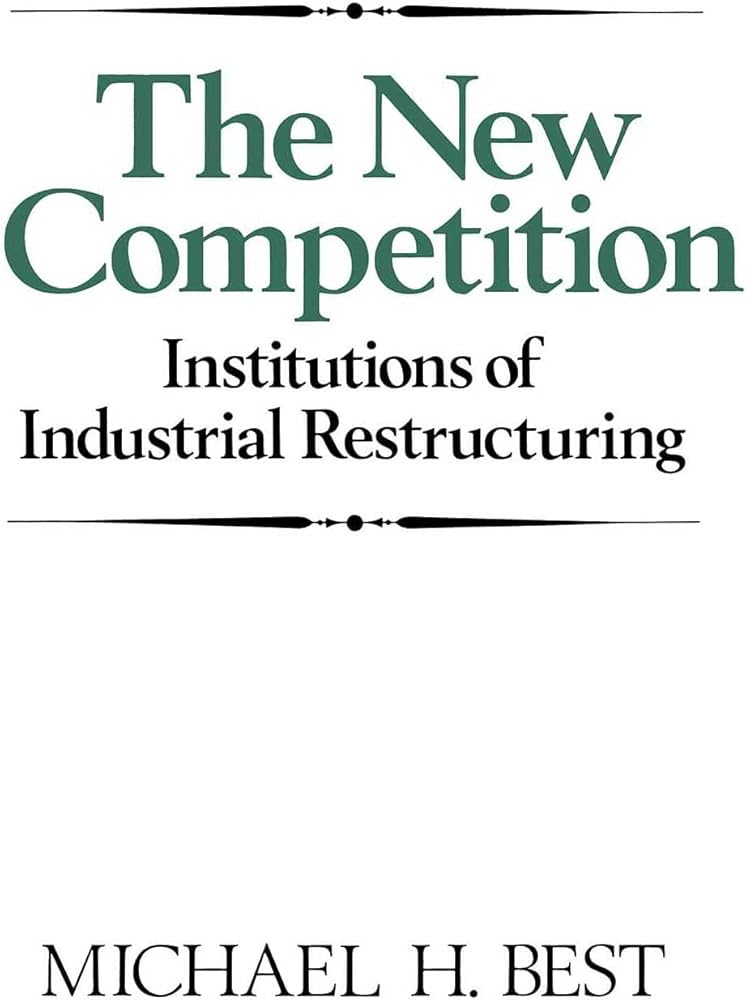Top 7 New Competitive Offers for 2025: Discover the Best Opportunities!
The landscape of competitions is evolving, bringing forth a plethora of innovative opportunities in 2025. This article highlights the top seven new competitive offers you can explore. Whether you’re an entrepreneur, artist, or aspiring innovator, these competitions provide an excellent platform to showcase your talent, gain recognition, and win exciting prizes. Each competition is designed to not just test your skills but also to encourage creativity and collaboration among participants.
In this guide, we will delve into the details of these competitions, including eligibility requirements, entry processes, and the anticipated benefits. Moreover, we will touch on the aspects of networking, skill development, and the overall impact each contest could have on your career or project. Read on to discover how to make the most of these opportunities!

Essential Insights into New Competitive Offers
Understanding Contest Categories
The first step in effectively navigating the competitive landscape is understanding the various categories available. Each competition is crafted to highlight different skills and talents, ranging from arts and sciences to technology and entrepreneurship. By categorizing contests, organizers can target a specific audience and ensure that entries are evaluated fairly based on relevant criteria.
For example, art contests may focus on creativity and originality, while technology challenges may prioritize innovation and feasibility. Thus, understanding these distinctions can help participants tailor their entries and increase their chances of success. This idea naturally leads us to the next crucial element: the evaluation process used by judges.
The Role of Evaluation and Judging Criteria
Each competition puts forth a unique set of evaluation criteria to ensure a fair assessment of all entries. Judges typically comprise industry experts and experienced professionals who assess submissions based on skill, creativity, and adherence to guidelines.
It’s advantageous for participants to familiarize themselves with the judging criteria published on the competition’s website. Clear understanding can dramatically improve the quality of submissions. Moreover, competitions announcing their judges often generate excitement and trust among participants, adding to the event’s credibility.
Submission Guidelines and Entry Process
Making a successful entry involves more than just a great idea; it requires navigating the submission guidelines effectively. Each competition will have specific instructions outlining the necessary documents, formats, and deadlines for submissions.
Typically, the entry process includes a registration phase where participants must submit a preliminary form. Following this, applicants are often required to provide detailed project descriptions, proposals, and any supporting documentation requested by the organizers. Governing timelines are also clearly defined, meaning participants must act swiftly to complete their entries before deadlines.
Innovative Competition Ideas to Explore
Highlighting Exclusive Opportunities
Many competitions focus on presenting exclusive opportunities for participants to not only win prizes but to gain valuable industry exposure. These competitions often culminate in grand events where finalists showcase their projects to a broader audience.
For instance, specific contests may offer mentorship programs where selected participants can interact with experts, fostering collaboration and growth. Moreover, various sponsors may participate, providing resources and visibility to outstanding entries, enhancing their market position.
Networking Opportunities through Competitions
Joining competitions grants entry into a network of like-minded individuals and professionals. Participants often find themselves among peers who share similar ambitions and interests. Networking is a key component, providing teams the chance to brainstorm, refine ideas, and forge partnerships that may prove beneficial long after the competition concludes.
By actively engaging with other participants and industry mentors during the event, individuals can cultivate relationships that lead to potential collaborations and job opportunities.
Success Strategies for Participants
To thrive in competitive situations, participants should develop effective strategies to enhance their proposals. Researching past winners can provide insight into what makes an entry successful. Understanding the judges’ backgrounds and the values they prioritize can also guide participants in crafting tailored submissions that resonate with the evaluation panel.
Furthermore, participating in workshops and training sessions offered alongside these competitions can equip applicants with necessary skills that boost their proposals’ strengths. These learning opportunities often reveal best practices, innovative approaches, and success stories from previous contests.
Maximizing Your Impact Through Competitions
Community Engagement and Feedback Loop
Contests also have a significant impact on community engagement, encouraging local participation in creative endeavors. By fostering a feedback loop, organizers can ensure that community insights are integrated into competition development, allowing adjustments based on participant experience.
Organizing outreach events and social media campaigns creates buzz around these competitions and can attract a diverse range of participants. Actively involving the community paves the way for broader recognition as well.
Effective Promotion and Media Coverage
A well-promoted competition reaches a wider audience, attracting applicants from various sectors. Leveraging social media and local media coverage can amplify the reach and enhance engagement, encouraging more entries and public recognition of featured projects.
Additionally, providing visibility for sponsors and stakeholders involved is essential. Implementing a solid marketing strategy ensures that the competition becomes a spotlight for innovative projects and creative solutions.
Preparing for the Awards Ceremony
The culmination of each competition is often the awarding ceremony, a celebration of creativity and skill. Preparing for this event involves strategic planning for presentations, networking, and showcasing projects effectively to an audience that may include potential investors, collaborators, and the media.
Winners not only receive acknowledgment but often benefit from additional resources, with sponsor involvement boosting their visibility. The ceremony also serves as an opportunity for participants to reflect on their journey, engage with mentors, and plan for post-competition opportunities.
Engaging with the Community: Q&A
What are the common eligibility requirements for competitions?
Eligibility often varies, but generally, competitions require participants to meet age or experience guidelines and rid themselves of any professional affiliations that may bias evaluation. Specific details are outlined in each competition’s rules.
When is the typical deadline for submissions?
Deadlines are critical and usually stated upon competition announcement. It is vital to adhere to these deadlines, as late entries are often disqualified.
How are winners determined in competitions?
Winners are typically chosen based on a combination of criteria, including originality, feasibility, creativity, and presentation quality. The judges take into account the detailed evaluation guidelines set forth by the contest organizers.
What types of prizes are commonly offered?
Prizes can range from monetary awards to mentorship opportunities, exposure in the media, and resources provided by sponsors to help further develop winning projects.
How can participants effectively promote their entries?
Utilizing social media for sharing progress, engaging the community, and networking can significantly enhance the visibility of participants’ entries. Showcasing skills while gathering support often leads to a more compelling proposal.
Conclusion
Participating in competitions is not just about winning; it’s a journey filled with learning, networking, and development that sets the stage for future success. By focusing on preparation, effective submission strategies, and community engagement, you can maximize the benefits of these new competitive offers in 2025. Be sure to explore the options available and submit your entry before the deadline!
For more detailed insights, feel free to check related topics: Creative Contest Opportunities and Networking for Success in Competitions.
